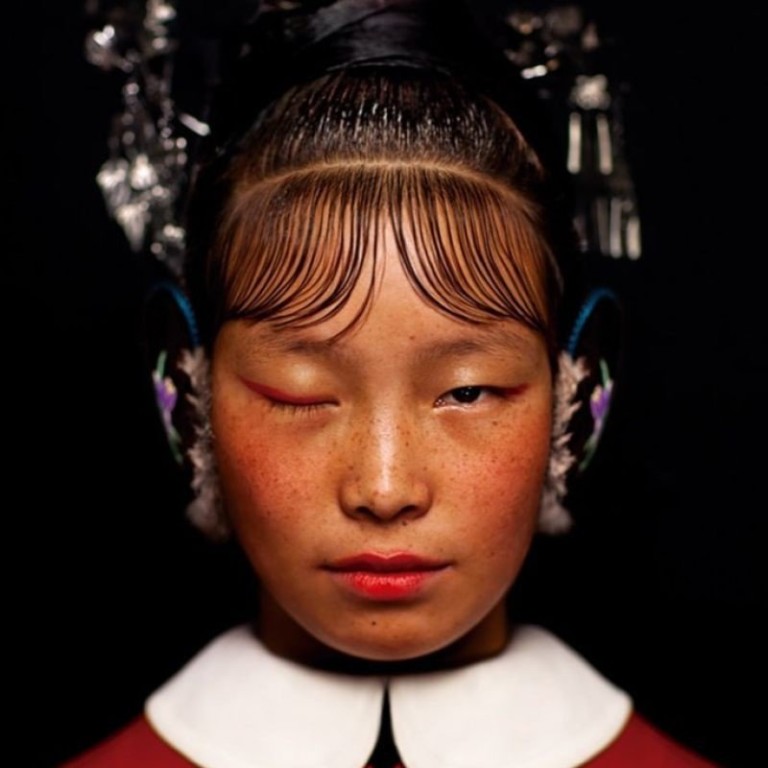
China has to show its cultural confidence
- Economic and technological strength may have instilled pride and devotion, but there needs to be tolerance and acceptance of diversity for the nation to move forward on the global stage
China’s rising economic and technological strength has instilled pride and devotion.
The reaction of some people to the way in which Chinese are depicted on screen and in advertising campaigns may reveal a lack of confidence, but the sentiment should not be ignored by businesses and investors.
Criticism that characters or models are not portrayed in a positive enough light highlights a growing sense of nationalism. There needs to be tolerance and acceptance of diversity for the nation to move confidently forward on the global stage.
The latest incident involves an animated film, I Am What I Am, a fantasy about three teenagers in the country’s south who learn life lessons from the popular Lunar New Year lion dance. State media have praised the production for expressing cultural self-confidence and promoting national spirit.
But on social media, a campaign to ban viewing of the film is under way because of the appearance of the main characters, whose small and slanted eyes are claimed to cater to Western stereotypes of Chinese people.
The same disapproval was recently levelled at a popular snack brand’s advertising campaign and a Mercedes-Benz video for using models with similar facial features, and the French luxury firm Dior came under fire for an artistic installation involving photographs that were claimed to “smear China”.
President Xi Jinping has often used the phrase “cultural self-confidence” to strengthen faith in Chinese culture. Accusations that foreigners are trying to “insult China” are felt by many mainlanders who are genuinely offended.
It makes little sense for a company trying to convince Chinese to buy its products to promote them by using images that belittle the nation or its people, although there have been occasions when foreign firms have been culturally ignorant or insensitive.
A backlash focused on the physical characteristics of actors and models is the product of a perceived standard of beauty that disregards reality.
A culturally confident country appreciates diversity within and beyond its borders. There is no better way to ensure tolerance in the quest for respect, openness and recognition of the values of others.

